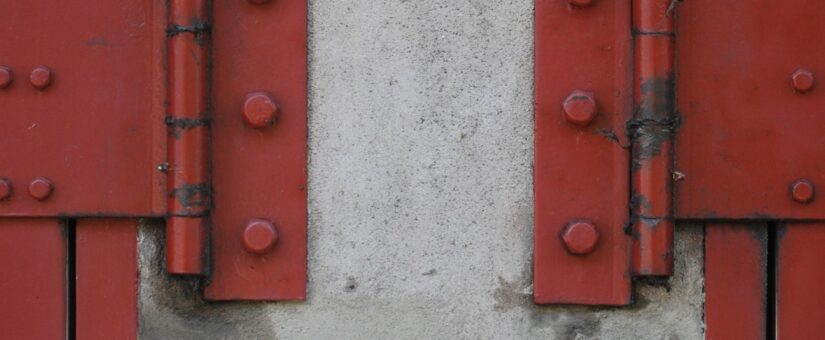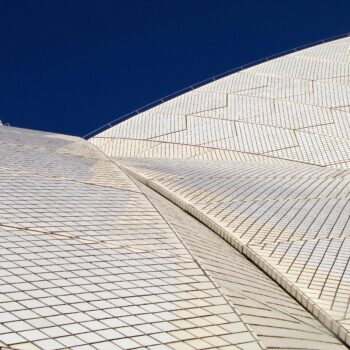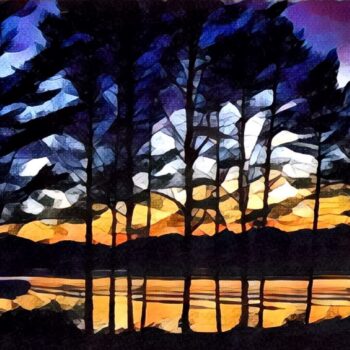
Salus Health Care Forum: October 2024
Bill
Mark, when you grew up in Chicago, you had neighborhoods. And the neighborhoods often centered on the Catholic Cathedral. Within the neighborhoods you could influence what was happening—because essentially the older cities all over the world were actually clusters of neighborhoods. That is no longer the case. Places like Los Angeles lost that. San Francisco still has some neighborhoods – at least until recently. San Francisco clearly is kind of falling apart and no longer has the support system. So, Mitch, as a California physician, are there times when you are helping your patients get ahold of themselves and get ahold of what is happening in their life? Do you help them find something, like Mark mentioned, that is purposeful. Meaningful for them? As a physician, are you allowed to do that kind of life planning, or is that outside of the purview of the John Muir physician?
Mitch
Yesterday, I finished six days of teaching. I recognize that my role has changed. My role now is a little bit more of the mentor. I realize that when I am mentoring, I am sitting down with the residents and am talking about these broader issues. I seem a lot smarter. Part of it is because I am engaging in what David Brooks talks about in his book, Strength-to-Strength. I am enjoying that immensely. Another piece is passing on wisdom that is based on the many, many errors I have made.
I am now talking to patients about all of the things that are happening in their lives. They’ve had a heart attack, a stroke, lost a foot, or are starting dialysis. All of these things are happening in their lives. They are kind of captive in that hospital room. Right. I throw out the statement: “there is a cure for this.” And they look at me funny. “You don’t have to have another heart attack. There is probably a way that prevents that from reoccurring. We have taken some immediate procedures that have saved your life; but there is more that can be done.” They get serious and ask me more questions the next day. And that is when I start talking about lifestyle management. And it feels good. Maybe because I am in California, patients are very open to these ideas when I approach it that way. It triggers their curiosity. And then they indicate that their wife does that, or their cousin does that. Then I give them the literature that shows reversal of these things—with diet, exercise and sleep. And connection.
It is kind of exciting that I am getting to do these things. I have a clinic where I get to do follow up. It’s a start. For me it is very energizing. I feel like I’m starting to get to what I wanted to do when I was working in critical care for a long time. People came out of critical care all weak and depressed. I’m not sure we did them a favor. It is now an interesting time to switch the discussion. However, the food deserts that we have been talking about require that we help people make difficult lifestyle decisions. How can we make things better when they live in places where it is not safe to walk? Where you don’t have healthy foods. But I still think it can be done. So, there is hope. And John Muir allows me to do that work.
- Posted by Bill Bergquist
- On October 25, 2024
- 0 Comment



Leave Reply